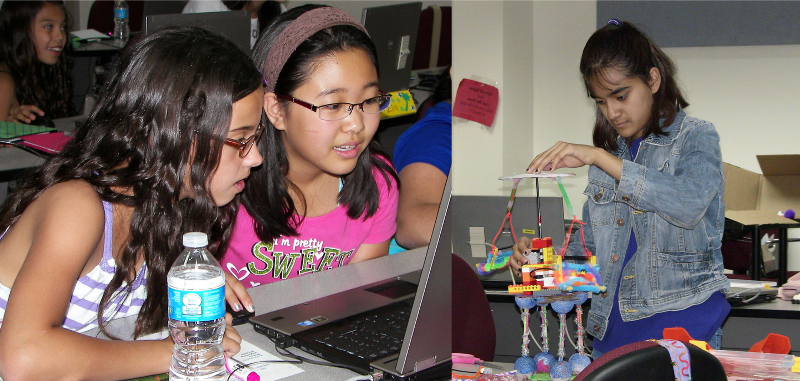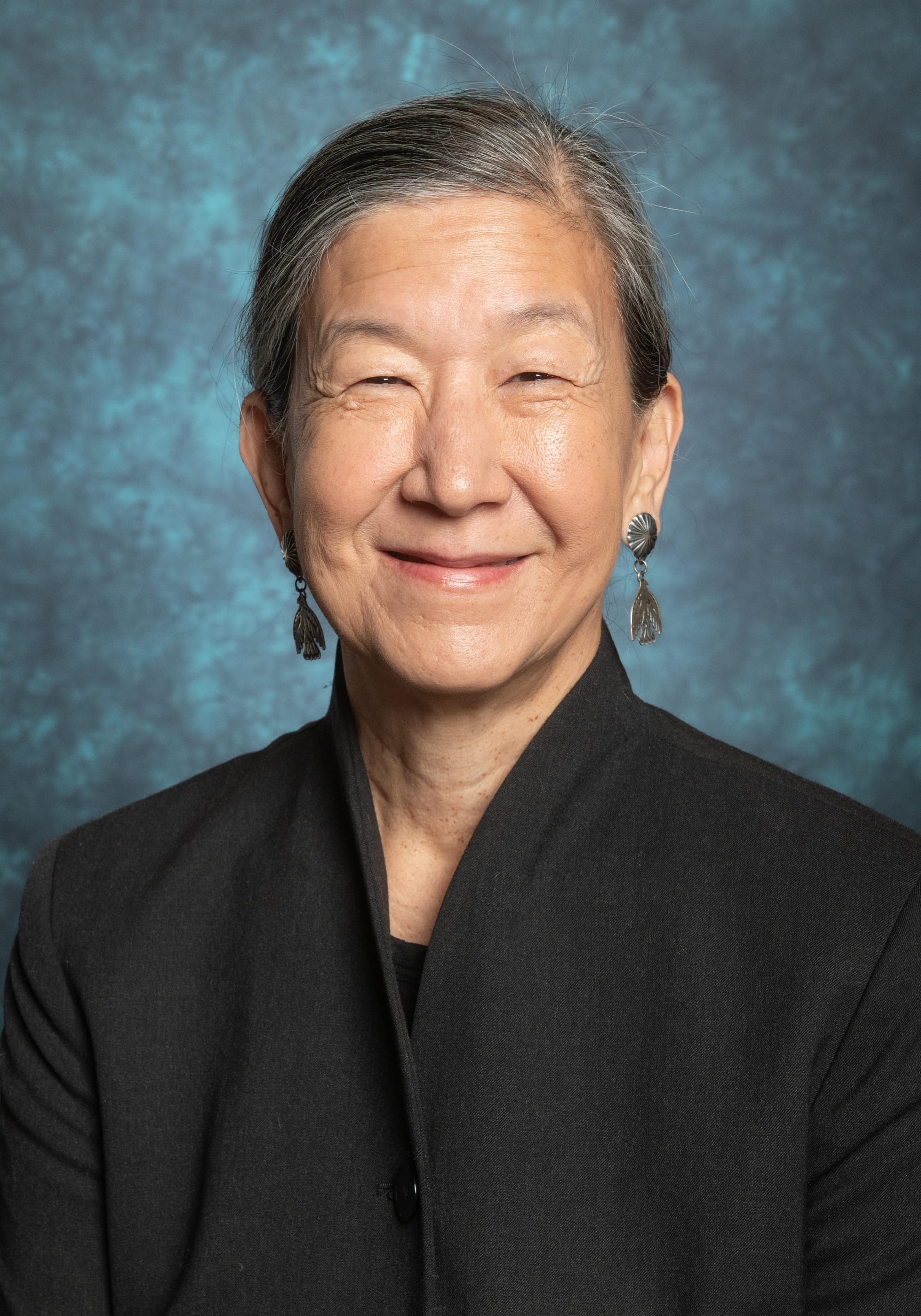NMSU partners with MIT, Boston College to launch NSF AI education study
LTs4AI officially started Oct. 1 and partners with Las Cruces Public Schools, NMSU’s STEM Outreach Center in New Mexico and the Charles River Museum of Industry and Innovation and Waltham Public Schools in Massachusetts.






